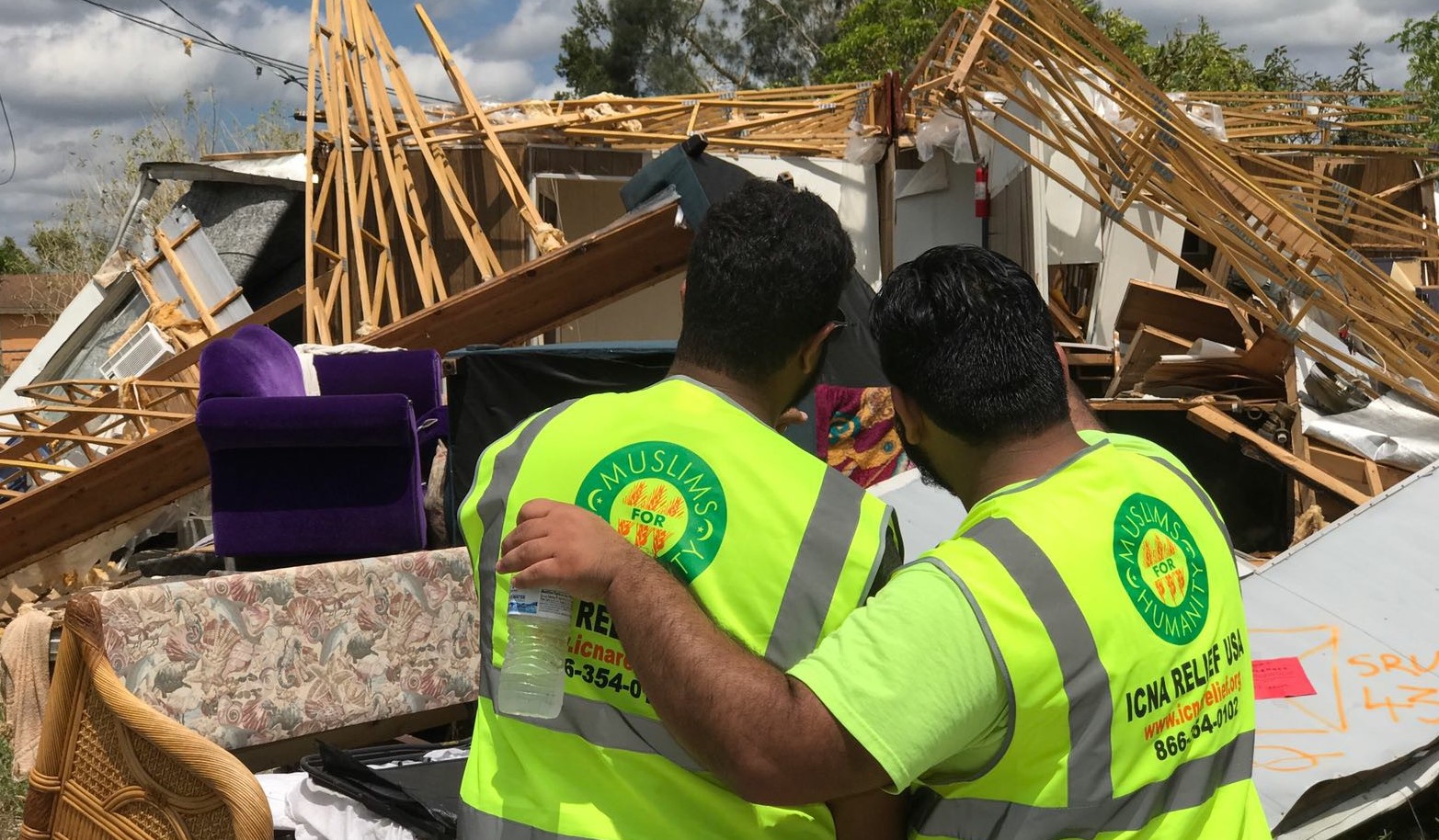A Shared Future: Muslims and Jews meet to promote Muslim-Jewish Understanding
By Adil James, TMO
 |
Members of the MMCC and AJC who planned the Shared Future event. |
Dearborn–March 31–Many leaders and activists from the Muslim and Jewish communities gathered Sunday at the University of Michigan Dearborn campus to participate in an interfaith session aimed at fostering relations between the Jewish and Muslim communities.
The title of the conference was “A Shared Future: Jews and Muslims in Metro Detroit.â€
About 100 people attended the Shared Future event, but although the quantity was not overflowing, the quality was–the event featured prominent Muslims including Imam Mardini of the American Muslim Center, Ghalib Begg (who founded and supported Interfaith Group) Farhan Latif of ISPU, Dr. Muzzammil Ahmed, Rep. Rashida Tlaib, Dr. AS Nakadar, and last but not least Professor Saeed Khan of Wayne State University.
Non-Muslims at the event included similarly influential and knowledgeable people, including Rep. Vicki Barnett (D-37th District), Rashida Tlaib’s friend and colleague at the Michigan House of Representatives. Brenda Rosenberg, the prominent interfaith activist, was also present.
After an introduction and speeches by several including Farhan Latif, the group enjoyed the lunch and then broke into side meetings–one was legislative (with Reps. Tlaib and Barnett), another focused on media (with Dr. Nakadar and his counterpart from the Detroit Jewish News, Keri G. Cohen, Stephen Goldman executive director Holocaust Museum and Lindsay Robilliard from the Arab American National Museum), another was more scholarly, with Profs. Saeed Khan and Howard Lupovitch, both of Wayne State university.
The keynote speech was by Timothy Davis, the director of iLabs, a division of the University of Michigan Dearborn which seeks to foster business development in the metro Detroit area.
The dominant theme of the legislative session was the warm and collegial relationship between Rashida Tlaib and Vicki Barnett. The two religions, frequently at odds on the national political landscape, are natural allies in the domestic arena, their religious sensibilities and sensitivities similar to one other–frequently they have overlapping religious concerns that they can join together to protect.
Rep. Tlaib explained that 60% of Michigan’s legislators come from an agricultural background–because of this she and Rep. Barnett share a more cosmopolitan background than many of their colleagues. Their close and warm friendship was openly visible as the two sat beside one another and discussed their adventures in the Michigan legislature.
They gave an example of a bill which was sponsored by a fellow Democrat, which would have allowed body parts to be thrown away or disposed of haphazardly. Barnett and Tlaib, together with several other Jews in the legislature, brought to the attention of the bill sponsor that in the light of Muslim and Jewish religious law (especially Jewish law) it is better for a person’s body to be collected and buried with him or her.
The two told many funny stories that had happened to them, showing Rep. Barnett’s strong personality and sense of humor, where the Muslims and Jews in the legislature were sometimes accosted by prayers of Christian ministers as the legislative session opened–asking God to “smite†all those who do not follow Christianity!
They also spoke of times where their fellow legislators, both Democrat and Republican, showed the best possible behavior in defending against for example spurious “anti-Shari’ah†legislation. Rep. Tlaib spoke of a Jewish Republican senator who spoke very forcefully to denounce his fellow Republican Dave Agema’s outrageous race-baiting attacks on Muslims.
Similarly, over in the media session, Dr. Nakadar spoke to those gathered about the importance of finding common ground between the religious communities–saying that issues like halal and kosher food, circumcision, and anti-Shari’ah laws–such issues are all areas where Muslims and Jews have common interests that they can help one another to protect.
Professor Saeed Khan gave the penultimate speech of the event, speaking before all participants and engaging them with funny stories about the Muslim community and showing his deep and long-standing personal knowledge of the prominent members of all the communities who were present at the gathering. He spoke broadly of the demographic and sociological and historical differences and similarities, and areas for mutual reflection, of the two communities.
In all interfaith sessions the participants must cultivate the discipline of not being too easily offended, and of being consciously respectful and kind towards one another. And in fact throughout the Shared Future gathering, a strong feeling of mutual cohesion was supported by all of the speeches and panels, and we hope that this mutual goodwill will continue and take form in concrete positive relationships and projects engaged in mutually by both.
16-15












2014
985 views
views
0
comments